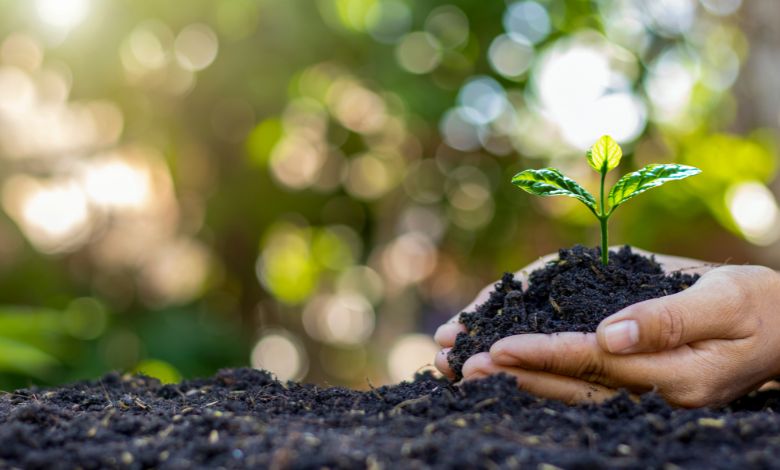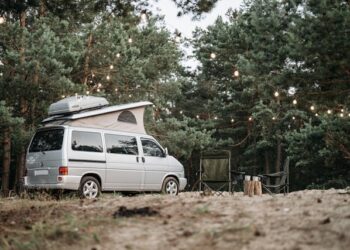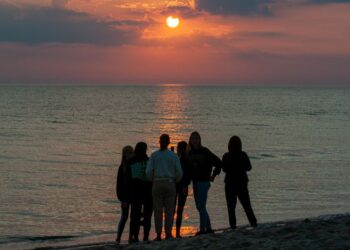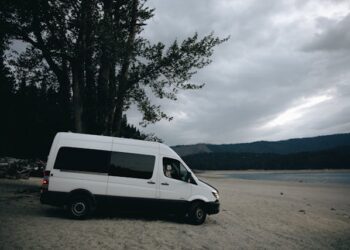Discover the real meaning of growing up in the wild, stories, lessons, and nature’s wisdom from a life lived beyond the fence.
I grew up in the outdoors, but not in a fairytale fashion like Tarzan swinging through the trees. It was rough, raw, and completely free. That encounter changed me in more ways than I can enumerate.
In this article, we’ll speak about what growing up in the wild actually means. This could mean a child who grows up near to nature, an animal that learns to survive without cages, or a more abstract feeling of living freely and not being held back by society’s limiting standards. I’ll talk about things that have happened to me, things that have happened in the actual world, and some interesting things I’ve learned from psychology and nature studies. Read on if you’ve ever wanted to feel more alive and liberated.
What You'll Discover:
What does it mean to “grow up in the wild”?
At first, it sounds like something from The Jungle Book, doesn’t it? But in actual life, growing up in the woods can imply a lot of different things:
Being raised in nature, such in the countryside, the wilderness, the forest, the desert, or on an island.
Living off the grid, away from the distractions of cities, technology, and structured schools.
Being part of a culture or community that is very linked to nature.
For animals, it means being born and nurtured in the wild instead of in a cage.
And in a figurative sense, it might mean growing up outside of what society thinks is normal, unfiltered, free, and wild.
I’ve had a mix of them. My parents were homesteaders, which means they lived off the land and didn’t have a TV. We lived on the border of a thick forest in the Pacific Northwest, where there were more black bears than people. It wasn’t always simple. But it was always real.
How Growing Up in the Wild Affects Your Mind and Body
A lot of people think that kids who grow up in nature miss out on “normal” childhood things like formal learning, making friends, and learning about other cultures. And yes, I didn’t have pizza parties on Friday nights or lockers at school. But I also had independence, strength, and imagination.
1. Imagination is fueled by freedom
When you play with sticks, stones, and rivers, your imagination can go anywhere. I used to make whole cities out of dirt and give each tree a name and a narrative. It seems wild and amazing to make your own universe instead than using someone else’s.
2. Taking risks makes you stronger.
Climbing trees. Being scraped. Getting stuck in creeks. Getting back up. You don’t earn a prize for participating out there; you get experience. And that makes you tough. Psychologists argue that kids who play “risky” games learn how to deal with their emotions and cope with problems better.
3. Nature Makes You Feel Calm
Several studies have found that spending time in nature decreases stress hormones, reduces anxiety, and makes it easier to focus. Being raised in the bush gave me an inner compass that still helps me when life gets too hard.
I didn’t know what “mindfulness” meant back then, but I practiced it every time I sat by a stream and listened to nothing but the water and the breeze.
Wild Animals: Experts at Learning by Instinct
It’s not just people who are affected by their surroundings. Animals who are born and raised in the wild actually go through some of the most amazing ways of learning that science knows of.
For example, wolves.
As soon as a puppy opens its eyes, it looks at its pack. It learns to talk to people through body language, howls, and smell trails. It is to practice hunting. It learns about hierarchy, strategy, and teamwork by doing things, not by reading or listening to lectures.
I found a den of coyote pups when I was about 11 years old and wandering alone. I stayed away, but I watched. And in that 15 minutes, I watched a whole social system form in front of me: grooming, playing rough, sharing food, and discipline. It was crazy parenting, without thinking about it.
Think about how different it is for animals that are raised in confinement. A lot of them never learn how to hunt or make friends. They usually don’t make it when they are put back in the wild. The message is clear: the wild teaches things that no school can, like how to trust your instincts, be flexible, and rely on yourself.
Real People Who Grew Up in the Wild (And What We Can Learn)
1. Not on the grid Families and people who live on their own
Many families are choosing to raise their kids off the grid, from Alaska to Australia. These families value their connection to the land more than their connection to Wi-Fi, whether it’s for religious reasons, to be more eco-friendly, or to get away from consumer society.
You probably know the Kilcher family from the show Alaska: The Last Frontier. They teach their kids how to hunt, fish, cultivate, and build. That kind of schooling, where you have to do things yourself and the risks are enormous, stays.
2. Wisdom from Native Americans
For many Indigenous cultures, nature is not a resource but a family member. Kids who grow up in these traditions learn to respect animals, plants, and the cycles of the environment. They learn how to read the stars, listen to the wind, and follow animals.
I lived on a reservation in British Columbia for a summer and saw how youngsters there learned to skin a rabbit before they could tie their shoes. It wasn’t surprising; it was routine.
3. The Extreme Side of Feral Children
There are also sad stories, of course. There have been reports of “feral children,” or kids who were left behind or lost and raised alone. These stories regularly make the news, but they are sad and not what we are celebrating here.
The Hard Parts No One Talks About It:
Growing up in the outdoors isn’t all fun and games.
I loathed it at times.
I begged my parents for a phone when I was 13. She told me I could make one out of wood. I didn’t have any pals who lived close enough to walk to. I missed out on pop culture. And to be honest? When I went to town and didn’t know who Britney Spears was, I felt like a freak.
And then there’s the risk. I almost was bitten by a rattlesnake once. My brother was lost in the woods for hours. In the winter, our water would sometimes freeze. Living in the outdoors requires being alright with being uncomfortable and even scared at times.
But pain teaches you how to live in a way that ease never will.
How to Add a Little Wildness to Your Life (Even if You Live in a City)
You don’t have to live in a log cabin or herd goats to get back in touch with nature. Here’s how you can use that ancient knowledge in your present life:
1. Unplug once a week
Choose one day to turn off all the screens. Take a hike. Sleep on the grass. Instead of Netflix, look at the clouds.
2. Make nature part of your kids’ daily lives
Allow your kids to become messy. Make forts out of sticks. Pick up leaves. Let them fall and then get back up.
3. Do Wild Mindfulness
Don’t wear headphones when you sit outside. Pay attention. Take a breath. The wild isn’t noisy. It’s not obvious. It talks in rustles and bird sounds.
4. Use Your Hands to Make Something
Make a fire. Plant a tomato. Make a spoon out of wood. You’ll be surprised at how amazing it feels to create something instead of just eating it.
Books, movies, and other things to look into “Growing Up in the Wild”
Want to go deeper? These are some terrific locations to start:
Books:
Richard Louv wrote Last Child in the Woods.
Jack London’s The Call of the Wild
Tara Westover’s memoir, “Educated,” is about growing up in a survivalist family.
Robin Wall Kimmerer’s Braiding Sweetgrass
Movies:
Into the Wild
Captain Awesome
The Other Side of the Mountain
The Boy Who Tamed the Wind
Podcasts and blogs:
Chris Morgan’s The Wild
Blog About Life Off the Grid
Kids Radio for Nature
Key Takings
- There is still a part of you that is wild, no matter if you grew up in a forest, on a farm, or in a city with concrete all around it.
- It’s the portion that wants to be quiet. That sees the sun go down and feels something.
- I wish to run barefoot once in a while to recall how the ground feels.
- Living in the woods doesn’t imply you can’t ever go back to civilization.
- It means taking the lessons of freedom, instinct, and nature with you wherever you go.
- I wouldn’t exchange my childhood for anything, not even a million TikTok followers.
- The outdoors taught me to be in the moment, to be thankful, and most importantly, to be myself.
- Maybe that’s what we all really want: not to go away from the world, but to remember who we are deep down.
Additional Resources:
- Children and Nature Network – The Benefits of Nature: Evidence-based overview of how nature boosts mental, physical, and emotional development in children.
- Verywell Mind – Outdoor Learning Benefits for Kids: Explores how outdoor play and learning improve social skills, academic performance, and emotional well-being.








